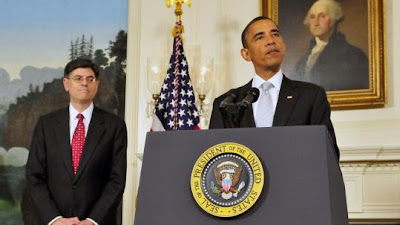 U.S. Supreme Court nominee Elena Kagan won approval by the Senate judiciary committee on Tuesday, moving her one step closer to final confirmation by the full Senate.
U.S. Supreme Court nominee Elena Kagan won approval by the Senate judiciary committee on Tuesday, moving her one step closer to final confirmation by the full Senate.The committee voted 13 to 6 in favour of her nomination. She is expected to be confirmed by the full Senate as early as next week to succeed Justice John Paul Stevens, who is retiring.
Though just one Republican, Senator Lindsay Graham, voted in Kagan's favour, President Barack Obama praised the vote as "a bipartisan affirmation of Kagan's strong performance during her confirmation hearings" in June.
Before the vote, each of the 19 committee members voiced support or concerns about Kagan, currently the Obama administration's Solicitor General and a former dean of the Harvard Law School.
If confirmed by the full Senate, Kagan, 50, would become the third female justice on the nine-member court — joining Ruth Bader-Ginsburg and Sonia Sotomayor — and only the fourth in U.S. history.
For that, "her confirmation will be a milestone that we can all be proud of," said Senator Herb Kohl, of Wisconsin. "She will provide exemplary public service to our nation."
Kagan appeared to receive universal praise for her keen intellect and command of the law








